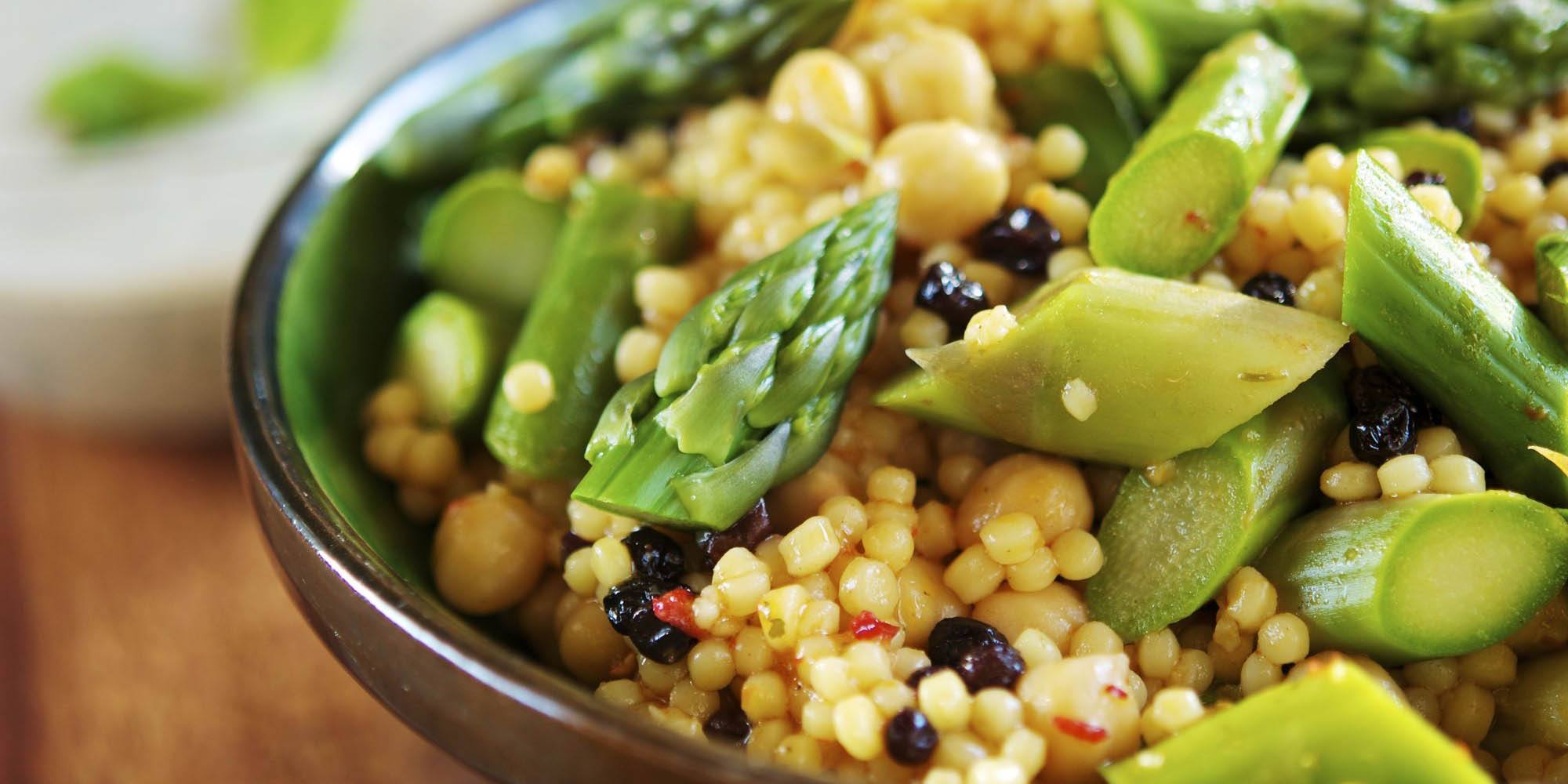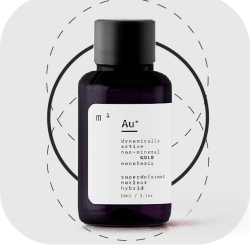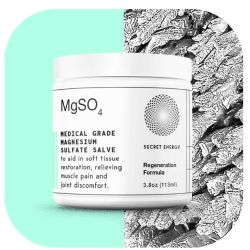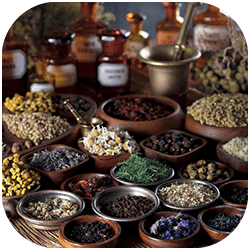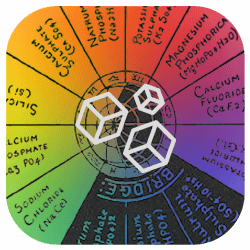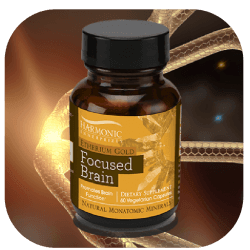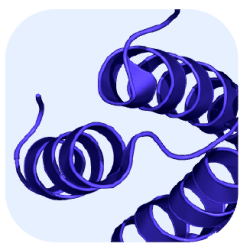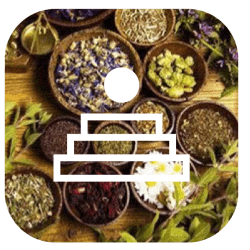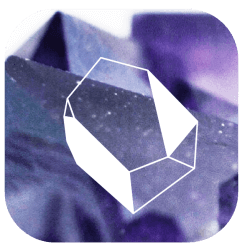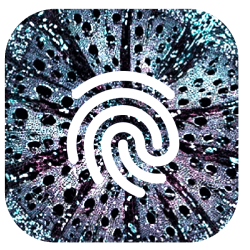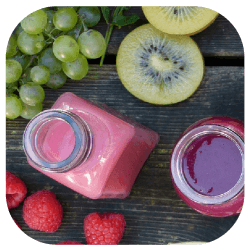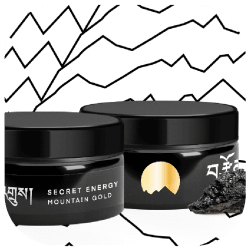I’ve never been one to obsess over my protein intake, but protein is a very important nutrient we all need. To sum it up, protein pretty much keeps our bodies working. Eating too little protein can result in a condition called Kwashiorkor, a form of malnutrition, as well as growth failure, loss of muscle mass, decreased immunity, weakening of the heart and respiratory system, and even death.
According to the Centers for Disease Control (CDC), the recommended amount is 46 grams per day for women and 56 grams per day for men.
The recommended amounts for children are as follows:
- ages 1-3, 13 grams a day
- ages 4-8, 19 grams a day
- ages 9-13, 34 grams a day
- ages 14-18 (girls), 46 grams a day
- ages 14-18 (boys), 52 grams a day
Do you and your family eat enough protein?
According to the February 2016 Idea Fit Journal, most experts agree that the average person does not need to supplement their diet with protein powders. Active individuals can easily get what they need from food resources. And I completely agree. Once you figure out the average for you, then you can use various sources to get what you need. And when making a smoothie the best part is you can use a nice variety of things to help reach that number.
If you’re not a fan of protein powders there are at least 36 ways to get protein in your smoothie WITHOUT using one:
(this list does not include the endless choices of fruit that also contain some protein, like banana and avocado)
- Almonds – 1 tbsp = 3g of protein
- Almond butter – 1 tbsp = 3.4g of protein
- Almond milk – 1 cup = 1g of protein
- Broccoli – 1/2 cup = 1.2g or protein
- Brussels sprouts – 1 cup = 3g of protein
- Cabbage – 2 cups = 1.8g of protein
- Cacao powder (raw) – 1 tbsp = 1g of protein
- Cashews – 1 tbsp = 2.5g of protein
- Cashew milk – 1 cup = 1g of protein
- Chia seeds – 1 tbsp = 1.5g of protein
- Cocoa powder (unsweetened) – 1 tbsp = 1g or protein
- Coconut milk (canned) – 1 cup = 7g of protein
- Cottage cheese – 1/2 cup = 14g of protein
- Flaxseeds – 1 tbsp = 2.4g of protein
- Hemp milk – 1 cup = 3g of protein
- Hemp seeds – 1 tbsp = 3.5g of protein
- Kale – 2 cups = 6g of protein
- Kefir – 1 cup plain = 9g of protein
- Milk – 1 cup whole = 8g of protein
- Oats (old-fashioned rolled) – 1 cup = 14g of protein
- Peanut butter – 1 tbsp natural peanut butter = 4g of protein
- Peanuts – 1 tbsp dry roasted = 4g of protein
- Peas (green) – 1 cup = 8g of protein
- Pecans – 1 tbsp chopped pecans = 3g of protein
- Pistachios – 1 tbsp = 3g of protein
- Pumpkin seeds – 1 tbsp whole roasted = 3g of protein
- Quinoa (cooked) – 1 cup = 8g of protein
- Romaine lettuce – 2 cups = 1.2g of protein
- Sesame seeds – 1 tbsp = 1.5g of protein
- Silken tofu – 1/2 cup = 5g of protein
- Spinach (raw) – 2 cups = 2g of protein
- Sunflower butter – 1 tbsp = 2.8g of protein
- Sunflower seeds – 1 tbsp, hulled = 4g of protein
- Swiss chard – 2 cups = 1.5g of protein
- Walnuts – 1 tbsp, chopped = 1.5g of protein
- Yogurt – 1 cup plain Greek = 22g of protein / 1 cup plain non-Greek = 8.5g of protein
Check out the Vibratory Energetics Course where Sevan Bomar talks about the Ancestral Approach to Health and Wellness and the primary aspects of perfecting one’s intake.

